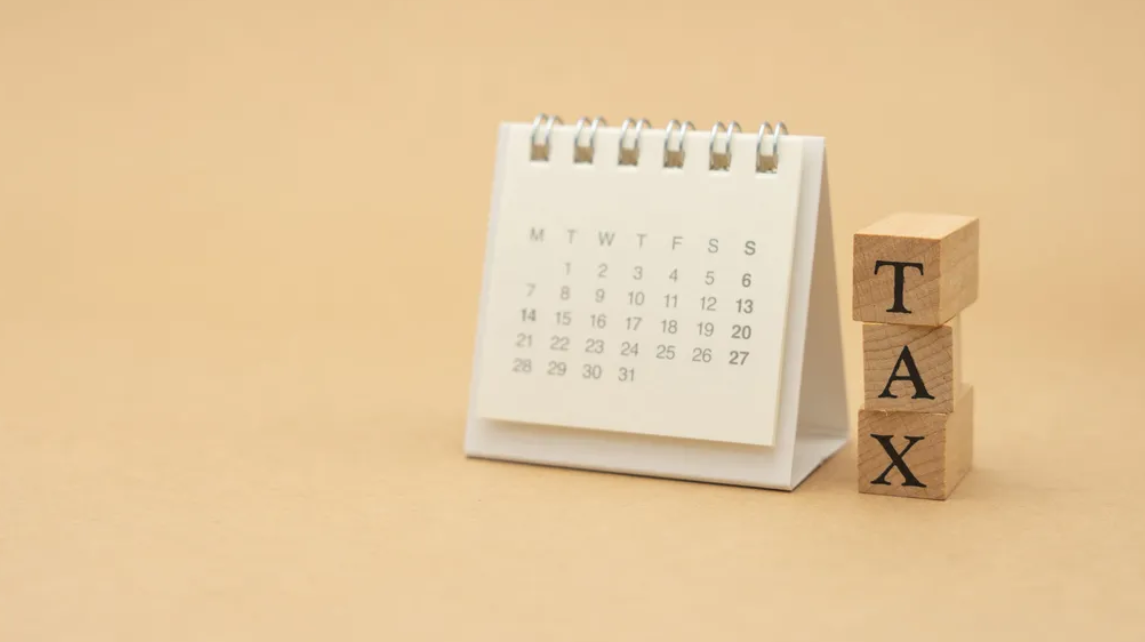Paying taxes is a responsibility that individuals and businesses must manage throughout the year. If you earn income that is not subject to withholding, such as self-employment income, dividends, or rental income, you are likely required to make estimated tax payments to the Internal Revenue Service (IRS). In this article, we will discuss the deadlines for estimated tax payments in 2023 and provide insights to help you stay on schedule and avoid potential penalties.
What Are Estimated Tax Payments?
Estimated tax payments are periodic payments made to the IRS to cover taxes that are not withheld from your income by an employer or other payer. This includes income from sources like self-employment, interest, dividends, rental income, and capital gains. Estimated tax payments are typically made four times a year and are a way to ensure that you meet your tax obligations as you earn income throughout the year.
Deadlines for Estimated Tax Payments in 2023
The IRS has established four due dates for estimated tax payments in 2023. It’s important to mark these dates on your calendar to avoid late payment penalties. The due dates for the estimated tax payments are as follows:
First Quarter (Q1) – April 17, 2023: The first estimated tax payment for 2023 is due on April 17. This date aligns with the traditional tax-filing deadline, which is usually April 15. However, in 2023, the 15th falls on a Saturday, so the due date is extended to the following Monday.
Second Quarter (Q2) – June 15, 2023: The second estimated tax payment is due on June 15. This date is crucial to remember, as it falls between the traditional tax-filing deadline and the third estimated tax payment.
Third Quarter (Q3) – September 15, 2023: The third estimated tax payment is due on September 15. This payment marks the point where you have just three months left in the tax year, so it’s a good time to evaluate your estimated payments and make any necessary adjustments.
Fourth Quarter (Q4) – January 16, 2024: The final estimated tax payment for 2023 is due on January 16, 2024. This date is slightly different from the others, as it extends into the following year due to the holiday schedule. January 15, 2024, is Martin Luther King Jr. Day, so the deadline shifts to the next business day.
Payment Methods
To make your estimated tax payments, you have several options:
Electronic Federal Tax Payment System (EFTPS): The IRS offers the EFTPS, a free service that allows you to schedule and make your estimated tax payments online. You can enroll in EFTPS on the IRS website.
Direct Pay: The Direct Pay feature on the IRS website enables you to make payments directly from your checking or savings account without the need to register.
Credit or Debit Card: You can also pay your estimated taxes using a credit or debit card. However, be aware that there may be fees associated with this method.
Check or Money Order: If you prefer to pay by check or money order, you can complete Form 1040-ES, included with the estimated tax payment voucher, and mail it to the address specified in the form’s instructions.
Avoiding Penalties
Failure to make estimated tax payments on time can result in penalties and interest charges. To avoid penalties, consider the following:
Accurate Payments: Ensure that your estimated tax payments are accurate and align with your expected annual tax liability. Overpaying or underpaying can lead to penalties.
Regular Reminders: Set up reminders for the payment due dates to stay on schedule. Consider using financial planning software, apps, or calendar alerts to help you remember.
Adjust as Needed: If your income or tax situation changes during the year, adjust your estimated tax payments accordingly. You can make estimated payments that reflect your updated financial circumstances.
Consult a Tax Professional: If you’re unsure about your estimated tax payments or need assistance in calculating them, consult a tax professional or financial adviser. They can help you determine the correct amount to pay.
Staying on schedule with your estimated tax payments is essential to avoid penalties and ensure that you meet your tax obligations throughout the year. By marking the due dates on your calendar, choosing a convenient payment method, and making accurate payments, you can maintain compliance with the IRS and keep your finances in order. If you have questions or need guidance on your estimated tax payments, don’t hesitate to seek assistance from a tax professional or financial adviser.


